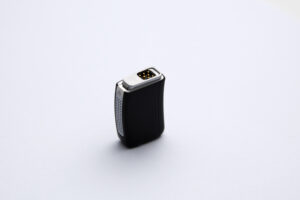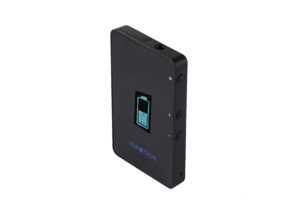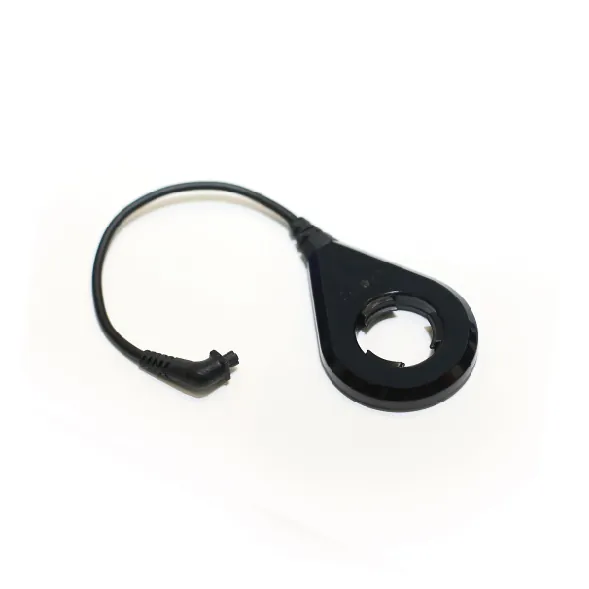
According to the World Health Organization, over 466 million people worldwide experience disabling hearing loss, a statistic that underscores the critical role of cochlear implants and their accessories in enhancing auditory capabilities. As technology advances, understanding the legal and regulatory landscape surrounding these devices becomes increasingly important.
An Overview of Cochlear Implants Accessories and Their Legal Characteristics
cochlear implants accessories encompass a range of products designed to enhance the functionality and user experience of cochlear implant systems. These accessories are subject to various legal regulations that ensure safety, efficacy, and quality standards. In particular, they fall under stringent medical device regulations established by health authorities globally. Furthermore, intellectual property rights play a significant role in protecting innovations related to these accessories from unauthorized use or reproduction.
Nurotron’s Approach to Intellectual Property Rights in Cochlear Implants Accessories
Nurotron Technology Co., Ltd., a prominent player in the field of cochlear implants, has made substantial investments in securing its intellectual property rights (IPR). The company holds numerous patents covering both hardware designs and software algorithms integral to their cochlear implant systems. By safeguarding its innovations through IPR mechanisms such as patents and trademarks, Nurotron not only protects its competitive edge but also fosters an environment conducive to further research and development within this vital sector.
Intellectual Property Rights Features of Cochlear Processor Bluetooth

The integration of Bluetooth technology into cochlear processors introduces unique intellectual property considerations:
Click cochlear processor bluetooth.
- Patent Protection: Innovations related to wireless connectivity features can be patented, ensuring exclusive rights for developers.
- Trade Secrets: Proprietary algorithms used for signal processing may be protected as trade secrets if they provide a competitive advantage.
- Licensing Agreements: Manufacturers often engage in licensing agreements with tech companies specializing in Bluetooth technologies to leverage existing patents while avoiding infringement issues.
- User Data Privacy: Compliance with data protection laws is crucial when handling user information transmitted via Bluetooth connections.
- Diverse Market Regulations: Different countries have varying regulations regarding medical devices equipped with wireless technology; thus compliance must be ensured across jurisdictions.
A Conclusion on Intellectual Property Rights Related to Cochlear Implants Accessories
The exploration of cochlear implants accessories reveals significant implications concerning intellectual property rights. Protecting innovations through robust IPR frameworks not only secures market position for manufacturers like Nurotron but also encourages ongoing advancements that ultimately benefit users worldwide. As we continue navigating this evolving landscape, it remains imperative for stakeholders involved—be it manufacturers or regulators—to prioritize compliance while fostering innovation within this essential healthcare domain.



